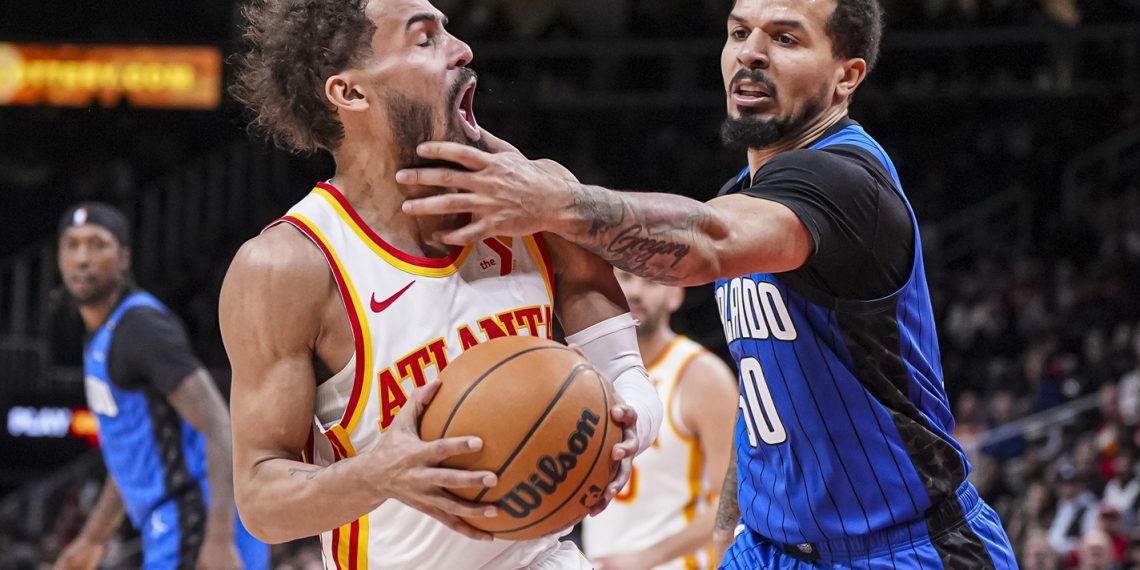The Atlanta Hawks’ front office has recently come under sharp scrutiny, with CBS Sports placing it near the bottom of the NBA front office rankings. This judgement has been drawn from a combination of factors, including the team’s perceived reluctance to spend into the luxury tax and an allegedly inconsistent strategy for building a championship roster.
Landry Fields, the Atlanta Hawks’ general manager, has been at the forefront of these criticisms. However, some positive transformations have been noticed in the team’s strategy over the past year. Notably, the team’s acquisition of Dyson Daniels and two first-round picks in the Dejounte Murray trade, a move lauded for its strategic foresight. Additionally, the drafting of Zaccharie Risacher with the No. 1 pick has proven to be a fruitful decision, as he has shown promising potential in his rookie season.
However, controversy stirred when the Hawks decided to trade De’Andre Hunter. The move was met with backlash due to the player’s popularity, but the decision to free up funds for future transactions may prove advantageous in the long run.
According to CBS Sports analyst Sam Quinn, who ranked every front office of the league, there are several key criteria that determine the success of a front office. These include the track record of the general manager, the clarity of the team’s plan, the team’s current performance, the owner’s willingness to invest, the owner’s involvement in basketball decisions, and the effectiveness of the front office in hiring head coaches.
Quinn placed the Hawks at No. 26, expressing significant reservations about the team’s front office. He pointed out the complex power dynamics within the Hawks’ front office, highlighting the problematic acquisition of Dejounte Murray, which occurred during Travis Schlenk’s tenure as general manager. Despite Schlenk’s reported reservations about the deal, the son of the owner, Nick Ressler, was instrumental in pushing it through.
The departure of Schlenk in 2022 saw a shakeup in the Hawks’ front office, with less experienced executives taking the helm. This shift in power dynamics, coupled with the team’s questionable trade decisions, has cast doubt on the future trajectory of the Hawks.
However, Quinn also noted that the Hawks’ decision-making has shown signs of improvement over time. The return for Murray and the successful rookie season of Risacher were cited as examples of the Hawks’ potential for growth.
The Hawks’ future will be closely watched, particularly in the upcoming offseason, with Trae Young’s extension being a crucial point of discussion. The team’s performance in the remaining 26 games will also be a key factor in assessing the effectiveness of the Hawks’ front office.
In conclusion, while the Hawks’ front office has come under criticism for its decision-making and power dynamics, there are signs of positive changes. How these changes will affect the team’s performance in the future remains to be seen.









